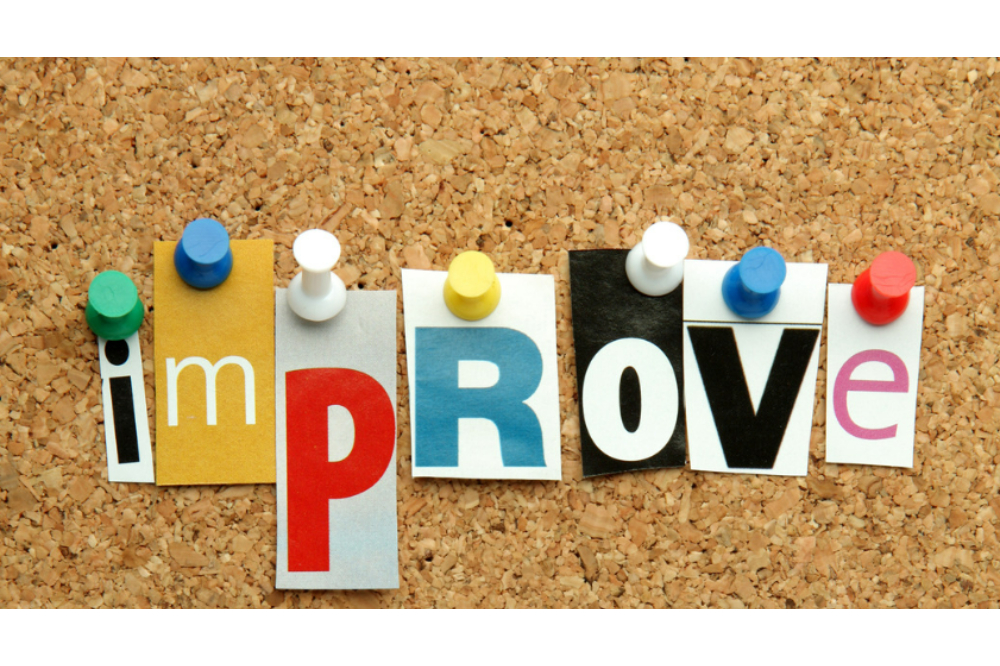The addiction treatment landscape has experienced significant advancements in recent years. One critical development is the adoption of Electronic Health Records (EHRs). EHRs have revolutionized the way healthcare providers manage and coordinate care for patients with addiction, positively impacting the treatment clinics. This article will explore the main benefits of using Electronic Health Records to improve patient engagement and care coordination in addiction treatment.
Enhanced Communication and Collaboration
EHRs facilitate better communication between healthcare providers involved in a patient’s care. Through the secure sharing of patient information, EHRs enable providers to easily collaborate and make informed decisions. This improved communication enhances care coordination and optimizes the treatment process. With EHR solutions for addiction, healthcare professionals can provide more cohesive and streamlined patient care, improving treatment outcomes.
Improved Patient Engagement
EHRs are designed with user-friendly interfaces, allowing patients to access their health records, track their progress, and get actively involved in their treatment plans. By providing patients with access to their records, healthcare providers can foster trust and transparency, which ultimately leads to better patient engagement. Studies show that increased patient engagement results in better recovery rates and overall treatment outcomes.
Efficient Documentation and Reporting
EHRs offer a paperless solution for maintaining patient records, reducing the risk of misplaced or missing files. Providers can easily input, store, and access patient information, ensuring the availability of up-to-date records. Furthermore, EHRs simplify the reporting process, allowing for a seamless exchange of information between providers and regulatory agencies. This improves overall data accuracy and allows medical professionals to spend more time with their patients.
Data Security and Compliance
Modern EHR systems prioritize data security, ensuring that patient records are protected. Providers can easily manage data access and implement security protocols while complying with HIPAA and other healthcare regulations. The risk of data breaches or unauthorized access is significantly reduced, providing peace of mind to both healthcare providers and patients. This also helps maintain a good reputation for the treatment facility, leading to increased trust from patients.
Real-Time Analytics and Decision-Making
EHRs collect and store data in real-time, providing healthcare providers with valuable insights into their patients’ progress. These analytics help identify any potential issues or risks early on, allowing for timely interventions. EHRs also provide decision support tools, such as drug interaction alerts and medication adherence reminders. These features help providers make informed decisions quickly, leading to improved patient outcomes.
The Future of Addiction Treatment
With the continued advancement of technology, EHRs are becoming increasingly sophisticated and customizable for addiction treatment clinics. They offer a comprehensive solution for managing patient care while improving communication, engagement, documentation, security, and decision-making. As more treatment facilities adopt EHRs, the future of addiction treatment looks promising, with better patient outcomes and overall quality of care. Additionally, you may also check out this blog to learn the benefits of using EHR for behavioral health practices so you can further understand the potential of EHRs in addiction treatment. However, you just have to make sure to choose a reliable EHR provider to achieve the best results for your practice.
In Conclusion
EHRs have proven to be game-changers in addiction treatment, providing numerous benefits for both patients and healthcare providers. With enhanced communication and collaboration, improved patient engagement, efficient documentation and reporting, data security and compliance, real-time analytics, and decision-making capabilities, EHRs offer a comprehensive solution for addiction treatment facilities. As technology continues to advance, we can expect even more significant improvements in patient care and outcomes with the use of EHRs in addiction treatment. So, if you are an addiction treatment professional or behavioral health provider, it is important to consider adopting EHRs to enhance your practice and provide the best possible care for your patients.

